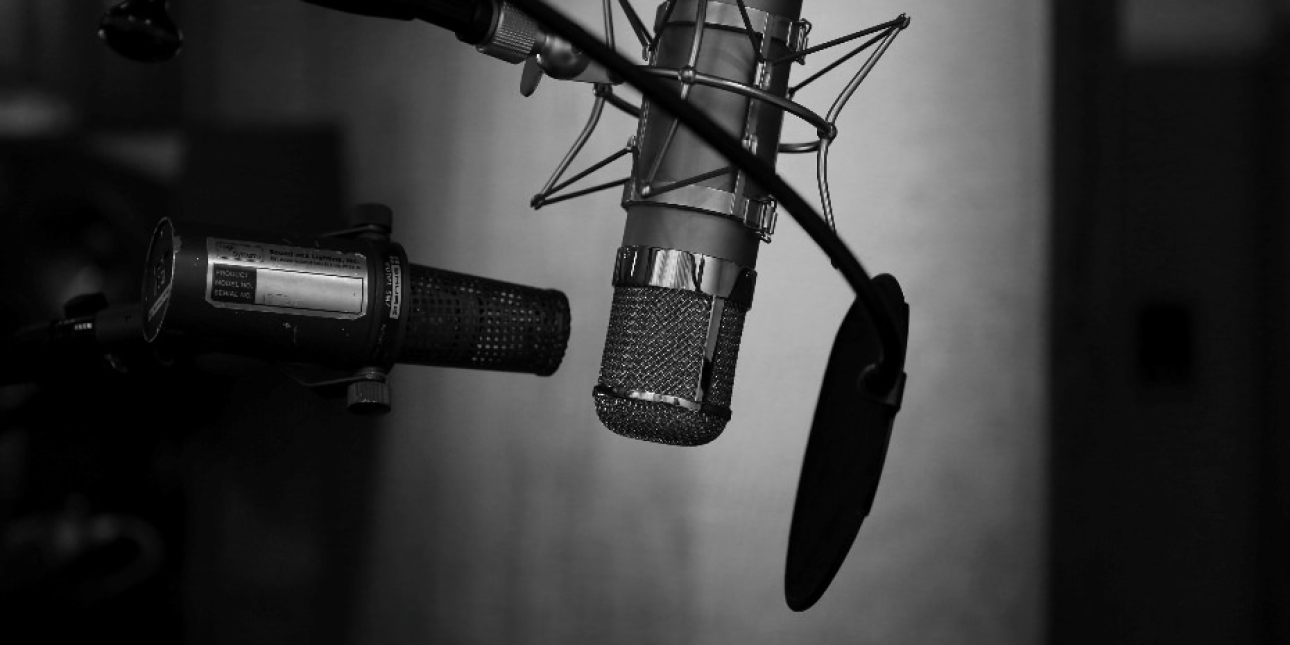PUBLIC RELATIONS
Tuesday 12th February 2019
Master the tools of media training to become an effective all-round communicator
The skills needed to do a first-rate media interview are the same skills for communicating well generally. One of the most common mistakes people make when they start doing media interviews is to think that it’s simply a matter of giving good, thorough answers. But that merely helps the journalist gets what they want. To make sure that you also get what you want, your agenda – your key messages – must satisfy the journalist’s needs as well as your own.
Key messages are incredibly important in any media interview, because a journalist and their listeners or viewers will only and act on two or three things you actually say. So those two or three things must be your key points (or messages). Otherwise you haven’t got a hope of communicating with impact.
How do you develop a good key message? First you work out what your overall objective is for that interview. It may be to raise awareness of a new product or service, to show that your organisation cares about its customers or to refute a case being argued by your competitors. Nearly always, it will be about changing or reinforcing how people think or behave. And you shouldn’t even think of doing an interview unless you know what that objective is.
Then you ask yourself what are the three most important points (or messages) you want to make in order to achieve your objective. Hone each one down to ten words or fewer, so they just trip off the tongue without the journalist needing to interpret or summarise them. Finally, look at each message from the journalist’s point of view, and ask yourself whether they satisfy their need for a newsworthy story. Will they make the journalist say: “So what?”. If there’s any danger that they will, tear them up and start again.
But that’s not all. Every message needs to be backed up by good human examples and, ideally, killer facts or statistics. A good example is one where the journalist and their readers, viewers or listeners can actually visualise what you’re saying. So keep digging into the layers of human detail until you’re sure that you’re creating a colourful picture for your audience. If your message is that your company’s new software will save time and money, your example – real or hypothetical – should paint the picture of a typical user of that software and show how it saves time and money for them.
So the perfect structure to your answer to a journalist’s question is to get your message out in ten words or fewer, and then go straight into your example, backed up by a well-chosen fact or statistic. And if you’re really good, you’ll then briefly repeat the message.
Of course any journalist worth his or her salt won’t just ask questions that invite you to impart your key messages. They also might ask you awkward, hostile or aggressive questions. The key here is preparation. It’s no good going into an interview hoping you won’t be asked your killer question. You must assume you will be asked it, and work out exactly what you’ll say in response.
Finally, keep it brief. People have less and less time at their disposal, and less and less patience. Look at the average length of a shot in a modern film compared with the average length 100 years ago. It’s now about half what it was. What’s more, we all have so much choice over which TV or radio station to switch over to or which website to click through to, that we demand information be given to us as succinctly as possible. If you can’t make your point in 20 seconds (the average length of time for a TV soundbite) you need to work harder at honing it down.
Getting your content sharp and polished for a media interview, particularly a broadcast interview, is a great discipline for communicating effectively throughout your working life. But never underestimate how much preparation it takes, and always remember George Bernard Shaw’s comment in a letter to a friend: “I'm sorry this letter is so long, I didn't have time to make it shorter.”
The CIPR runs 50 courses each year with more than 220 dates to choose from in London, Birmingham, Edinburgh, Glasgow, Leeds and Newcastle – book your place today!
Photo by neil godding on Unsplash
